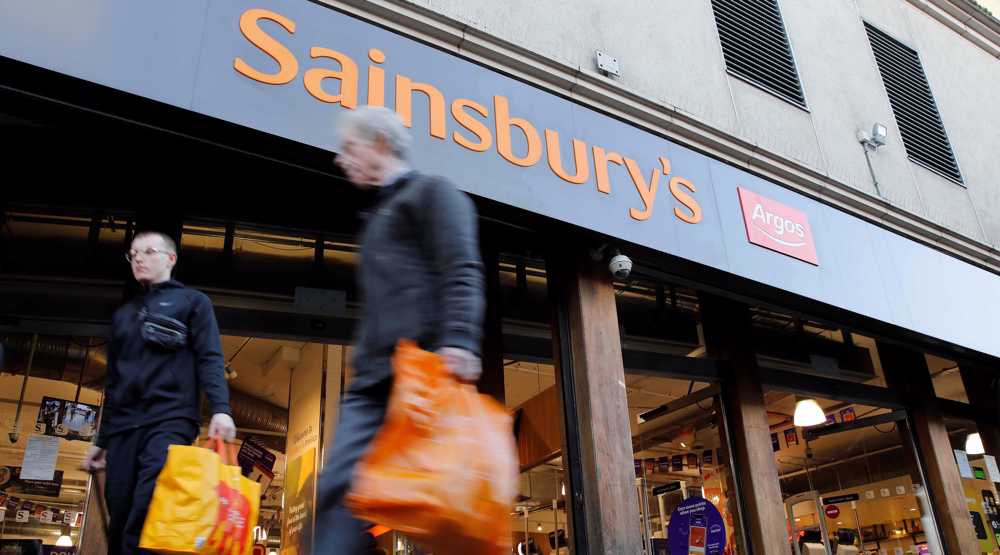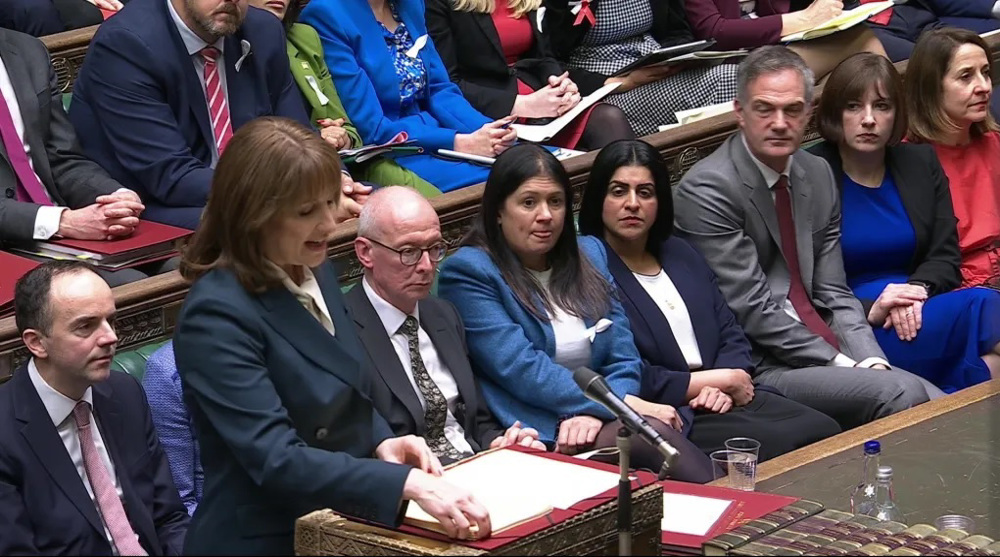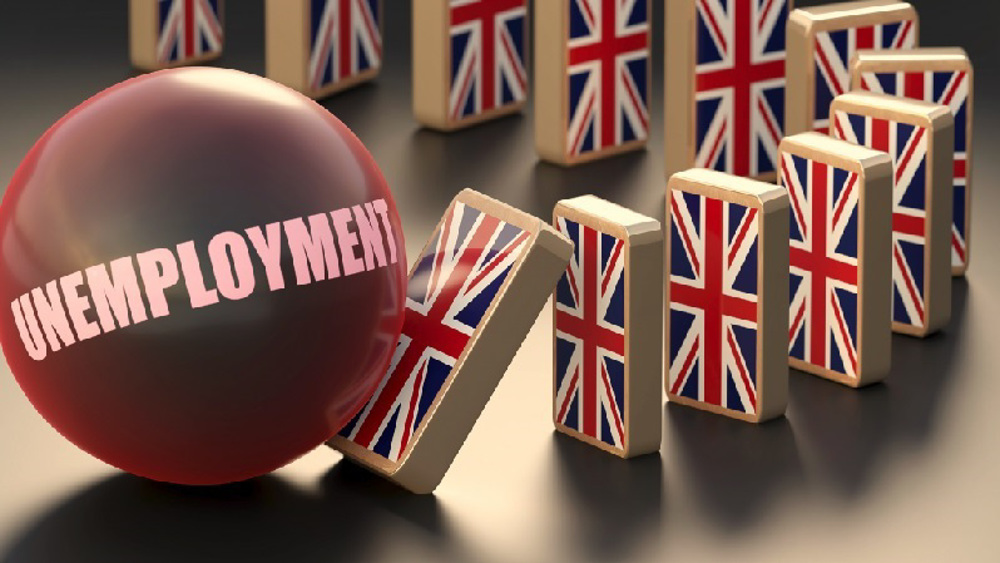UK economy heading for double-dip recession as summer recovery stalls
The UK economy is headed for a double-dip recession this winter, according to data that shows growth slowing down in the British dominant services sector last month.
According to the latest IHS Markit/Cips monthly survey of the services sector, which is equal to three quarters of economic activity, a recovery over the summer stalled in October, increasing additional pressure on the Bank of England to improve its stimulus program when officials meet on Thursday.
The central bank’s monetary policy committee’s meeting aims to consider a big injection of funds to support the economy. While this was regarded as an unlikely prospect only a few weeks ago, most City analysts have projected a £100bn rise in quantitative easing (QE), where the bank injects money into the economy by acquiring government debt from financial institutions.
IHS Markit said several months of declining consumer confidence, which has tracked the increase in the number of coronavirus cases, decreased demand for hotels and restaurants while the government’s policy of tiered lockdowns effectively stopped a return to the office across much of the country.
The purchasing managers’ index (PMI) for the services sector – which includes industries ranging from retail to hospitality and financial services – fell to 51.4 in October, from 56.1 in September to come in below the consensus reached among City analysts and an earlier flash estimate of 52.3. The composite PMI, which encompasses the manufacturing sector, dropped to 52.1, from 56.5 in September.
IHS economics director Tim Moore said the data collected between 12 and 28 October, before the second nationwide lockdown was imposed, showed the economy “seems on course for a double-dip recession this winter and a far more challenging path to recovery in 2021”.
Two successive quarters of negative growth – which happened in the first six months of 2020 – equates to a recession, with the term “double-dip” which is used to describe two downturns in quick succession.
The PMI report said employment across the services sector decreased for the eight consecutive months, whereas customer-facing service providers, especially those in hotels, restaurants and catering, faced a slump. New orders declined for the first time since June.
“A lack of forward bookings in parts of the economy most affected by lockdown measures led to widespread reports of redundancies and another sharp fall in total employment numbers during October,” Moore said.
Samuel Tombs, the chief UK economist at Pantheon Macroeconomics, said, “Markit’s survey suggests the recovery essentially ground to a halt in October.”
He said the effect would be disclosed in lower GDP growth, which would stay around 8% below its pre-Covid peak by the end of the year.
October was a turning point on several fronts, he said, asserting that a dramatic fall in the use of public and private transport and a drop in demand for discretionary consumer services contributed to a wider slowdown.
“The second wave of Covid-19 is the obvious driver of the slowdown, though the recovery likely would have decelerated anyway, given that pent-up demand after the first lockdown ended temporarily pushed activity in the consumer services sector above its sustainable level over the summer.”
Meanwhile, Howard Archer, the chief economic adviser to the EY Item Club, said, “There seems little doubt that a renewed national lockdown will cause the economy to contract again in the fourth quarter – and, very possibly, by an appreciable amount.”
The EY Item Club’s initial projection is that there might be a GDP contraction of 5-8% in the fourth quarter.
Archer cited the uncertainty over the Brexit negotiations between the UK and the European Union, noting, “Even before a new national lockdown in England – as well as varying measures announced so far in Scotland, Wales and Northern Ireland – the fourth quarter was looking much more challenging for the UK economy, and it was likely there would be a marked rise in unemployment as the furlough scheme drew to a close in October, even allowing for the government’s latest, more generous job support measures.
“On top of that, business caution has been added to by uncertainties over whether the UK and EU will reach a trade agreement by 31 December.”
US lawmaker blasts attorney general for ‘lying under oath’ over handling of Epstein probe
Iran received no concrete US proposal in Oman talks: Security chief
Nouri al-Maliki defends Hashd al-Shaabi as inseparable part of Iraqi security system
British PM Keir Starmer faces calls to resign
Iran’s Kowsar satellite beams Islamic Revolution anniversary message across region
VIDEO | Press TV's news headlines
VIDEO | Indian regions celebrate Iran’s Islamic Revolution anniversary
Iran’s missile program will never be on negotiating table: Shamkhani












 This makes it easy to access the Press TV website
This makes it easy to access the Press TV website